Even if your dog is your best friend (and let's be honest, of course they are), you most likely still don't understand a lot of the things they do.
Why do they eat grass? Are they really colourblind? And why do they insist on rolling in fox poo at every opportunity?
We've rounded the biggest questions owners have about their pups – here's everything you need to know about dogs.
The latest science news about dogs
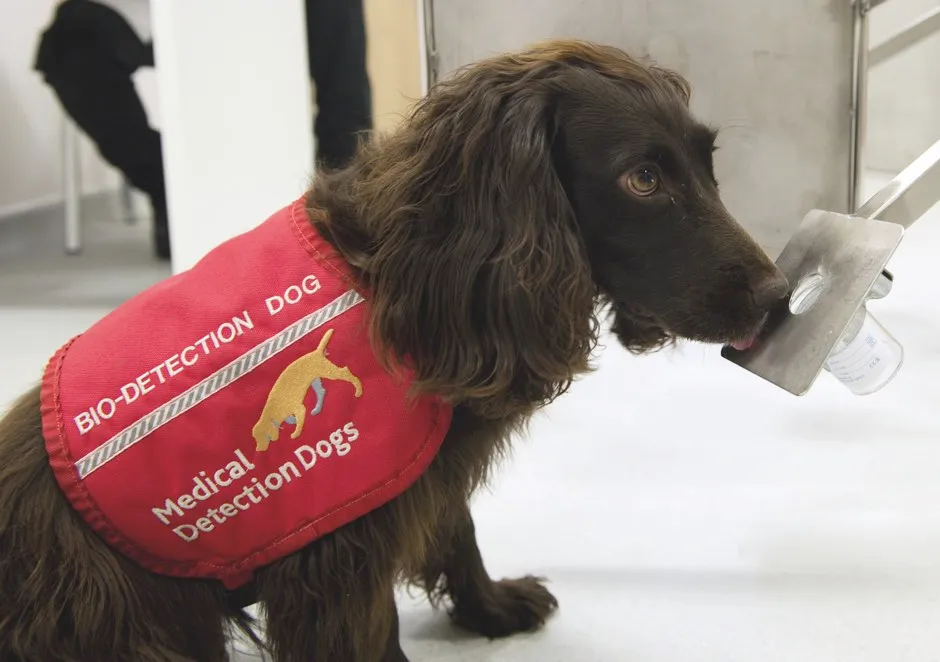
You may think your pet is the best dog, but I'm afraid you're wrong. The best dogs are definitely medical detection dogs. These are clever pups that have been trained to sniff out certain medical conditions, whether it's diabetes, lung cancer or even COVID-19.
And it turns out that detecting COVID-19 is something they're excellent at. According to a study published in the Journal Of The American Osteopathic Association, after only four days of training, a group of dogs had an accuracy rate of between 83 and 100 per cent.
“One dog twice indicated positive results that could not be confirmed,” says Prof Tommy Dickey at the University of California, Santa Barbara. “Two weeks later they found that both people who gave those samples had to be hospitalised with COVID.”
Why do dogs eat grass?
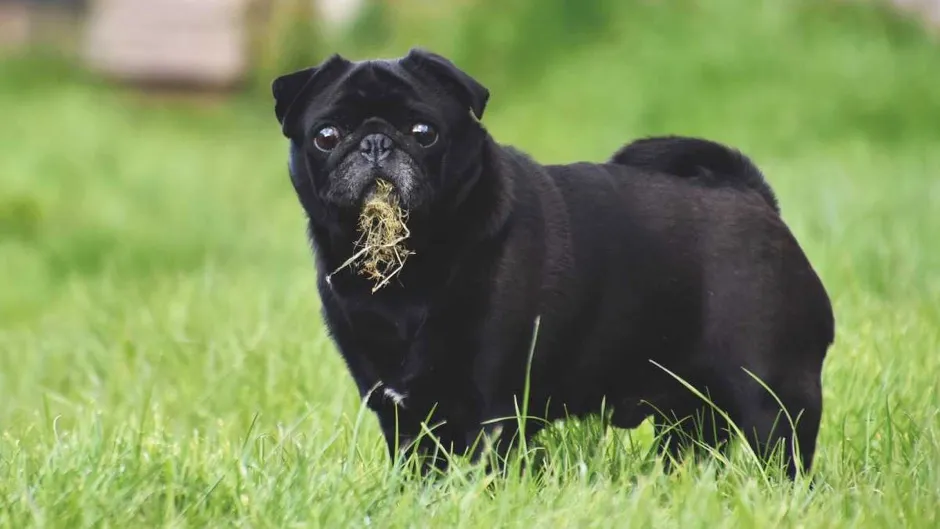
The short answer is that we don't know for sure. Firstly, it could be something that dogs do when they're anxious – like when we bite our nails in the dentist's waiting room, says animal behaviour expert Dr Emily Blackwell.
Alternatively, it could be an attempt to supplement their diet or even settle their stomach. “Some have theorised dogs exhibit this behaviour to increase the fibre they eat,” says Blackwell. “However, this is only a theory. It hasn’t been tested whether dogs low in fibre are more likely to eat grass.”
- Read more about why dogs eat grass (and poop)
Why do dogs lick you?
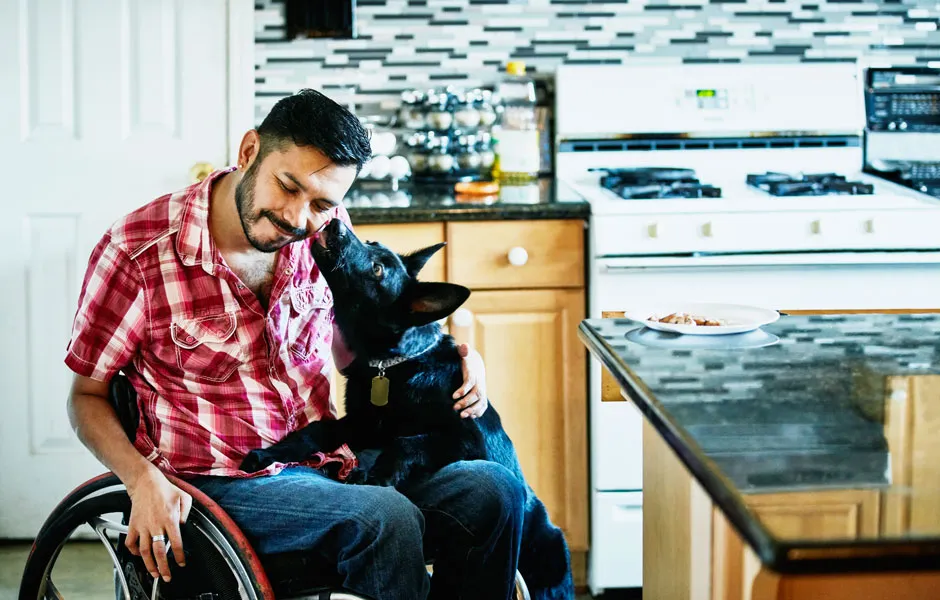
Sorry, this one's not very nice. When a puppy licks their mother's face, the mother will regurgitate some food for it to eat.
Now, though, it's simply a social greeting, says Blackwell. And while our dogs don't expect us to vomit up our lunch for them, it's likely that they retain this puppyish behaviour because of the way we treat them: by looking after them for their whole lives, we encourage them in many ways to act like a puppy.
“You can see other prolonged puppy behaviour in domesticated dogs,” says Blackwell. “For instance, simply the level of vocalisations that we see in domesticated adult dogs is far more like that of puppies than non-domesticated domesticated adult dogs.”
- Read more about why dogs lick people
What colours can dogs see?
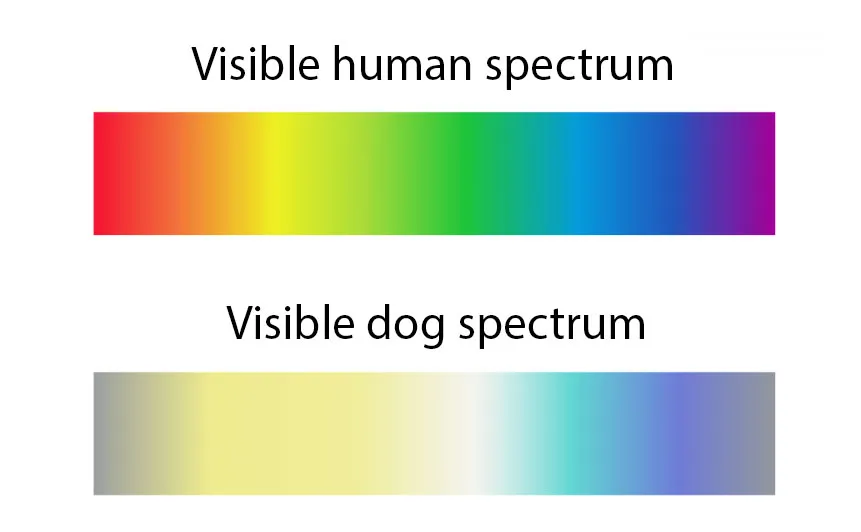
Dogs are colour blind, but they don't see in black and white: they're red-green colour blind.
“A lot of people buy bright red toys for them because they think dogs will be able to see them against green grass," says Blackwell. "Dogs will see it, but it will be just a yellowy-brown to them. They just don’t see colour in the same way as us.”
However, while their colour vision isn't as good as ours, they can see much more clearly at night than we can. This allows them to detect movement at low light, from the days when their ancestors would hunt at dawn and dusk.
- Read more about how dogs see the world
Why do dogs roll in fox poo?
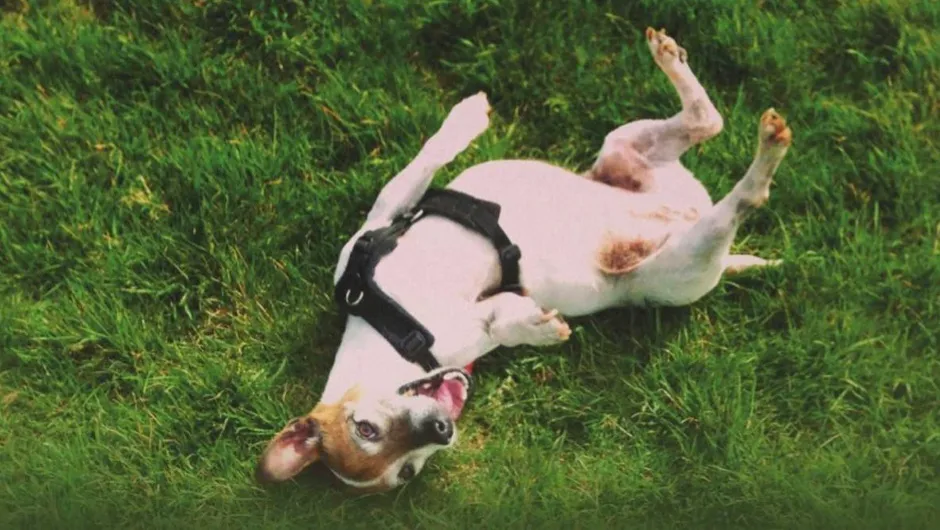
Dogs probably roll in poo to mask their own scent when hunting. Why fox poo? It's probably the only poo they're likely to find on their walks.
Why do dogs tilt their heads when you speak to them?
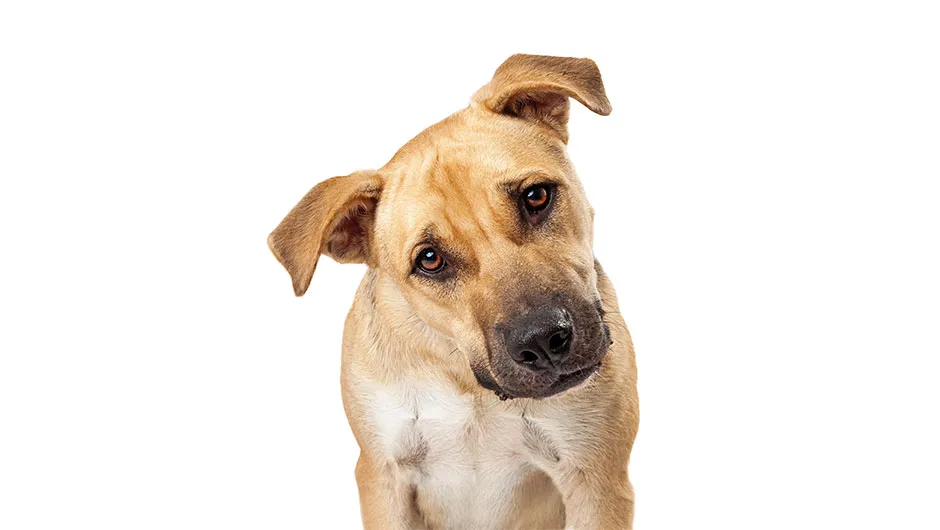
Though it may look like an adorable expression of confusion, dogs don't necessarily tilt their heads because they don't understand what we're saying – though it may help them to understand us better.
By tilting their head from side to side, dogs can more easily pinpoint where a sound is coming from. It can help them to pick up on our tone of voice, too.
What causes wet dog smell?
The smell isn't actually coming from your dog. Much like the way your sweat only smells when it's broken down by bacteria on your skin, wet dog smell is the result of microorganisms in their fur. These microorganisms emit smelly molecules, and when your dog gets wet, the water droplets can carry these molecules into the air.
Is one year really seven dog years?
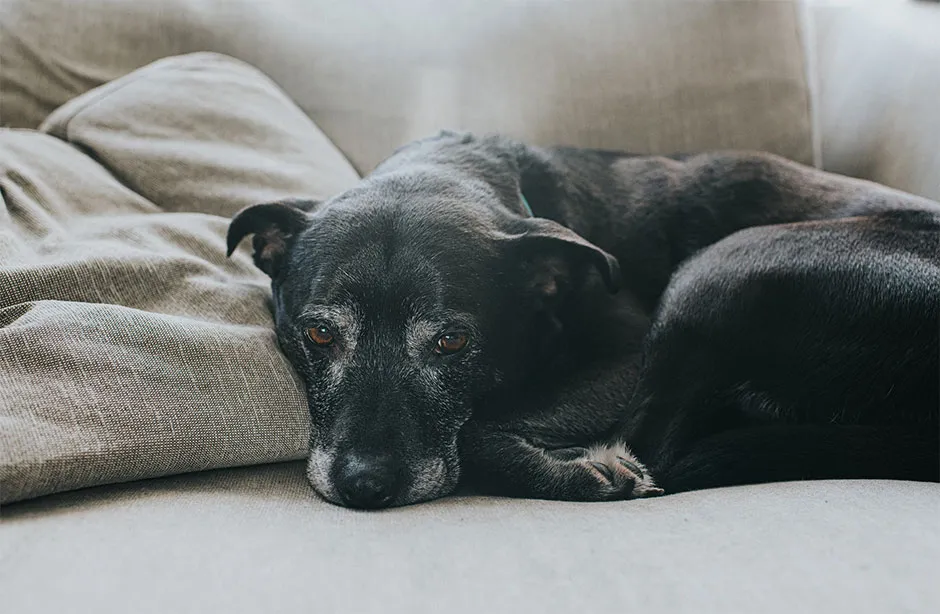
Scientists have studied how dogs' DNA is gradually modified over their lifetimes to create a formula that tells you how old your dog is in 'human years'.
It's not quite so simple as a dog ageing the equivalent of seven human years for every year that passes; in particular, dogs age much faster than humans in their early years.
If you want to work out how old your dog is, here's the formula: age in human years = 16 * ln(age in dog years) + 31, where ‘ln’ is a mathematical operator known as the natural log (look for the button on a scientific calculator).
Read more about dogs: